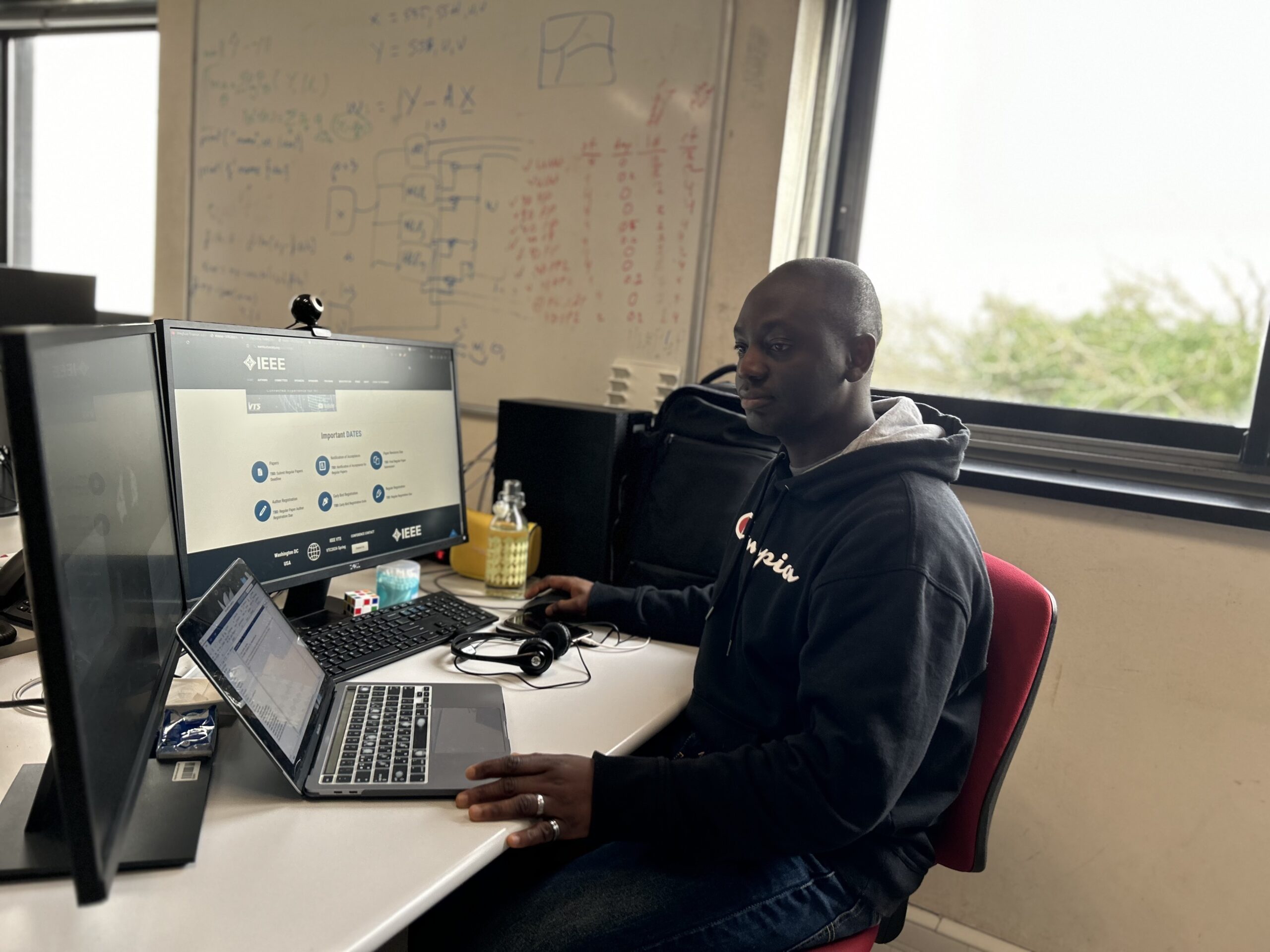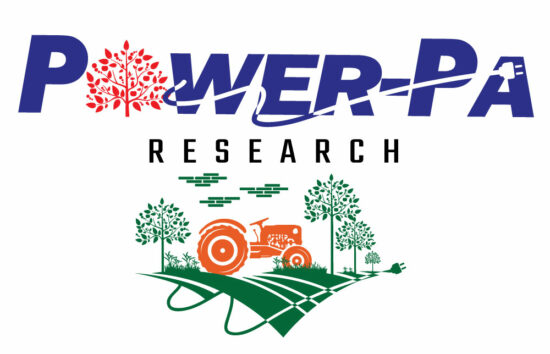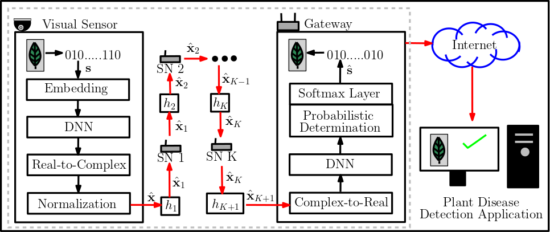Derek Asiedu, an Electronics Engineer, is working on efficient and reliable sensor network communication in precision agriculture

Dr. Derek Asiedu is an electronics engineer specializing in next-generation wireless communication technologies and applications. Derek is developing and optimizing efficient, reliable, and real-time data transfer and sensor node communication within precision agriculture within the “POWER-PA” project at the MEE department in IMT-Atlantique – Brest. 
[BIENVENUE Team]: Hello Derek, what is your background?
I completed my doctoral degree in electronic engineering, specializing in communication and signal processing for telecommunication. I worked as a postdoctoral fellow at the wireless intelligent systems laboratory at Hanbat National University, South Korea, during my Ph.D. and one year after my Ph.D., working on internet-of-things energy-efficient wireless communication sensor networks. After this initial postgraduate research, I got a position as a research assistant professor at the Department of Electronical and Information Engineering of Seoul National University of Science and Technology, South Korea, where I worked on optimizing the communication resources used in energy and spectral efficient symbiotic radio networks being applied to sensor networks in urban communication and vehicular communication. I then joined the Lab-STICC research group in the Department of Mathematical and Electrical Engineering of IMT-Atlantique. At IMT-Atlantique, I was privileged to work on machine learning resource allocation optimization for the new and cutting-edge intelligent, reflective surface technology introduced for applications in 6G and beyond. At IMT-Atlantique, I was introduced to precision agriculture through collaborative work with Researchers from Wageningen University and research on smart data transfer and applications in precision agriculture.
[BIENVENUE Team]: What is the project Power-PA about?
Precision Agriculture (PA) is an application of internet-of-things wireless communication sensor networks in agriculture for intelligent and automated monitoring and mechanization. These agricultural monitoring and mechanization include, but are not limited to, disease detection (depicted in the figure), soil moisture and nutrition monitoring, automated mechanized watering, planting, harvesting, spraying, feeding, and weeding, and animal movement monitoring.

These applications rely on real-time, fast, reliable, and low-latency sensor data transfer and reception with efficient use of network and farm resources allocated for smart operation. To efficiently use network and farm resources and achieve fast, real-time, reliable, and low-latency data transfer and reception within the PA network, the POWER-PA project seeks to design and develop resource and data routing optimized protocols to operate the PA sensor networks. Within the POWER-PA project, we strive to (i) reduce the sensor nodes/network cooperation interaction overhead, (ii) propose and develop protocols with low complexity in execution/operation, and (iii) reduce the amount of network and farm resources in operating the PA sensor networks.
[BIENVENUE Team]: What are the issues then?
The current concerns associated with PA monitoring and mechanization networks include real-time data transfer, inefficient network operation, inter-network interference, and transferred data quality. Real-time data transfer issues exist where multiple data being transferred have to be scheduled for transmission to an access point. Hence, real-time agriculture applications (i.e., time-critical farm applications) see delays due to data transfer scheduling, which may depend on data transfer fair or greedy protocols/algorithms, leading to data transfer latency and reliability concerns. Currently, different agricultural networks performing specific tasks operate over their frequency band or assumed isolation on the same farm. Most often, these networks overlap or use similar bands. Hence, the various agriculture operation networks interfere with each other on the same farm. Thus, data transmission repetition and routing may be employed to mitigate this issue, which depletes the sensor network computational and power resources in mitigating the interference and inefficient data transfer problems. Therefore, this leads to the issue of network data transfer interference and ineffective resource management and usage.
The proposed network operation resource and data transfer optimization solutions and protocols will (i) reduce the amount of network resource consumed during operations, (ii) reduce network overheads with low complexity protocols and backend operation, and (iii) improve real-time operation due to efficient routing and transfer data management.
The solution have different impatcs:
- Impact on agriculture network: The proposed network operation optimization solution will improve real-time network operation, enhance the quality of data transfer, and reduce costs in operating intelligent PA communication networks.
- Industrial impact: The developed algorithms will be made available for industrial use in developing new PA smart networks with farm operation resources and climate impact in mind.
- Impact on academia: The proposed solutions can serve as backgrounds for further PA network improvements and the preposition of new technologies/solutions.
During and after the execution of the POWER-PA project, the research outputs will consist of open-access (i) publications (journals/conferences), (ii) data and source codes of optimized data transfer protocols and communication resource allocation protocols, and (iii) online resources (audio, videos, and webinars) on PA and the POWER-PA project.
[BIENVENUE Team]: Why did you choose to implement the solution at the Lab-STICC, MEE, IMT-Atlantique?
I chose to carry out the POWER-PA project at IMT-Atlantique in the Department of Mathematical and Electrical Engineering (MEE) with the Research Laboratory in Information and Communication Science and Technology (Lab-STICC) because of the vast resource of interdisciplinary expertise and approach, local and international research and collaborative experience, and my supervisor’s background, expertise, and extensive experience. These characteristics have been made evident in the publications, research output, outreach programs, and the global and local ranking of IMT-Atlantique.
Thank you Derek!
